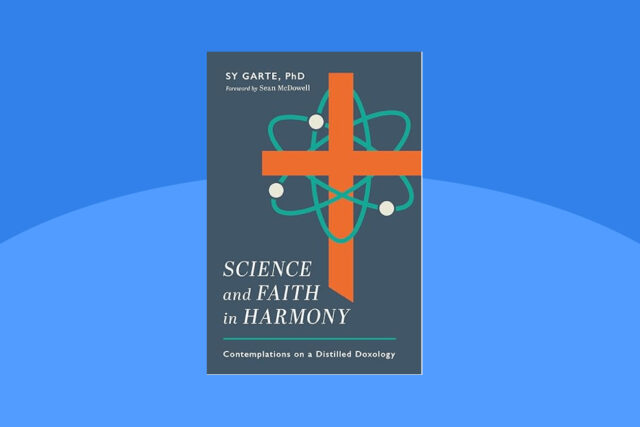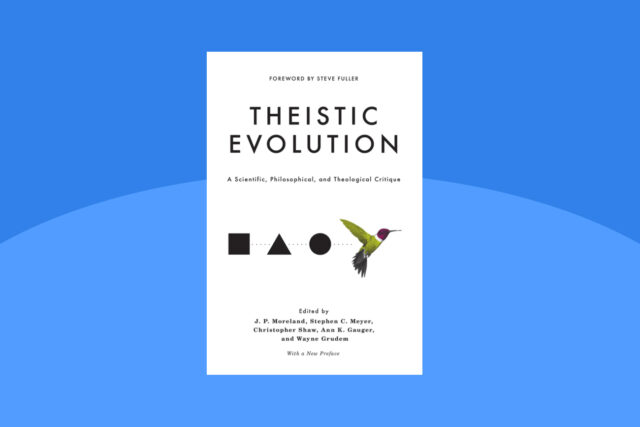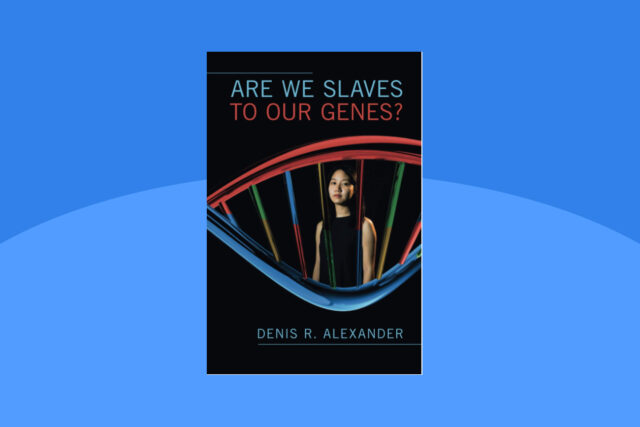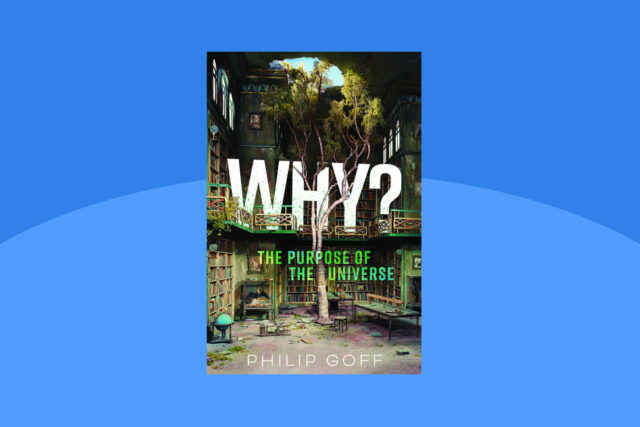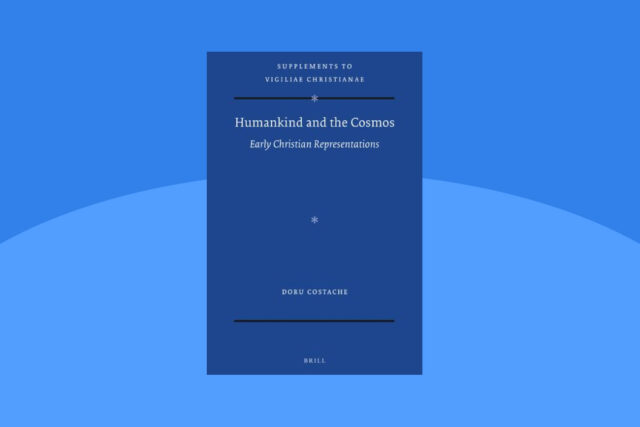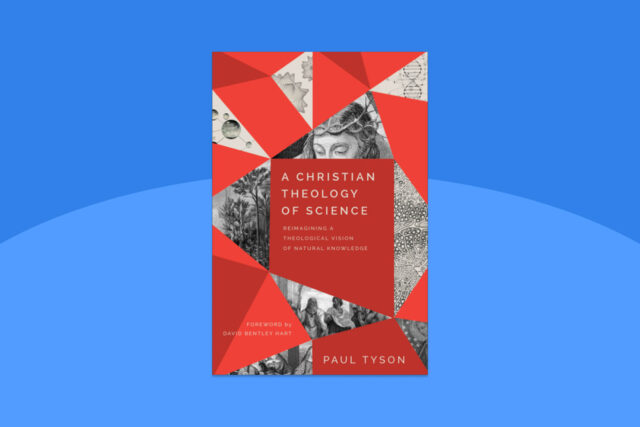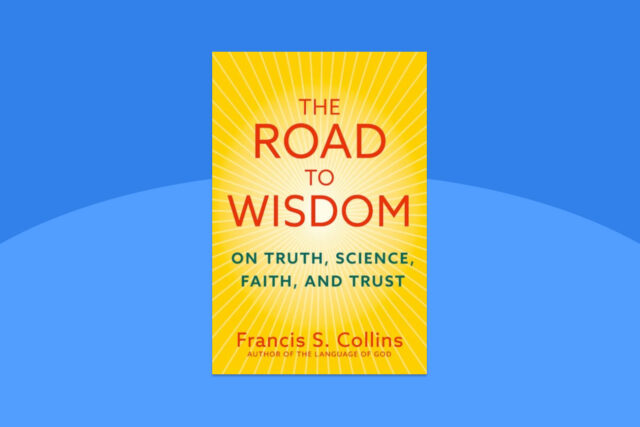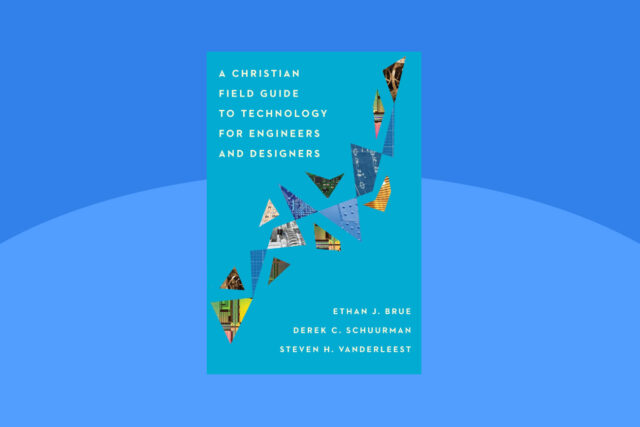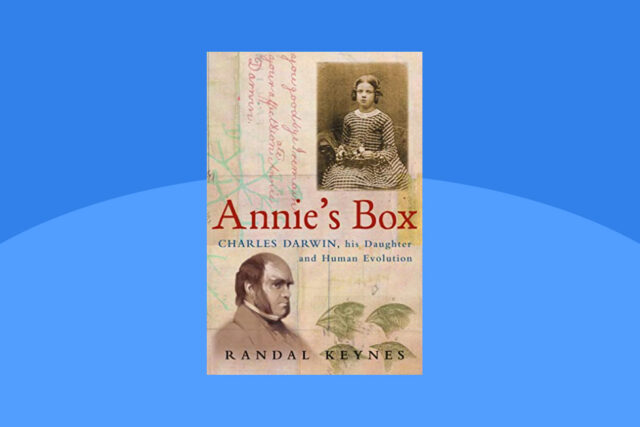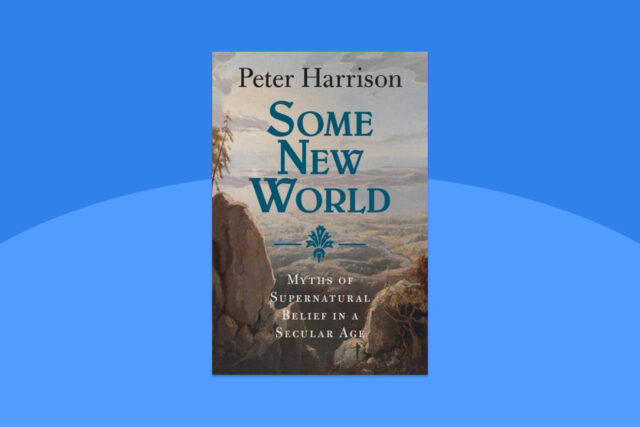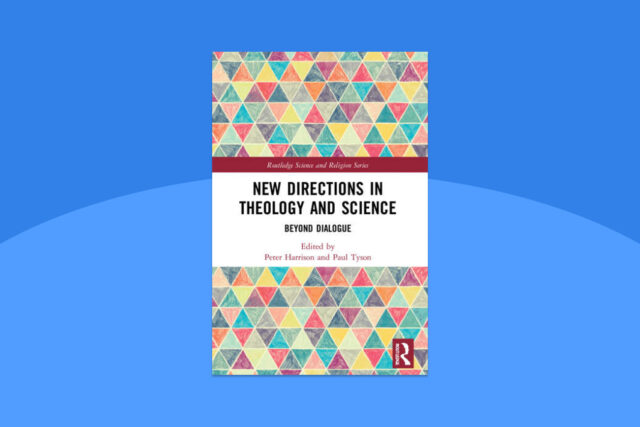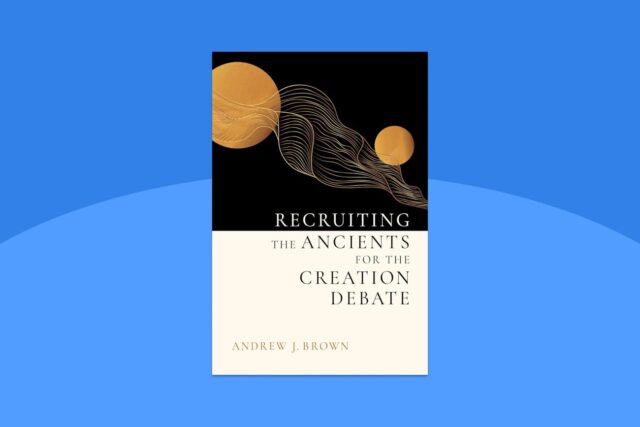
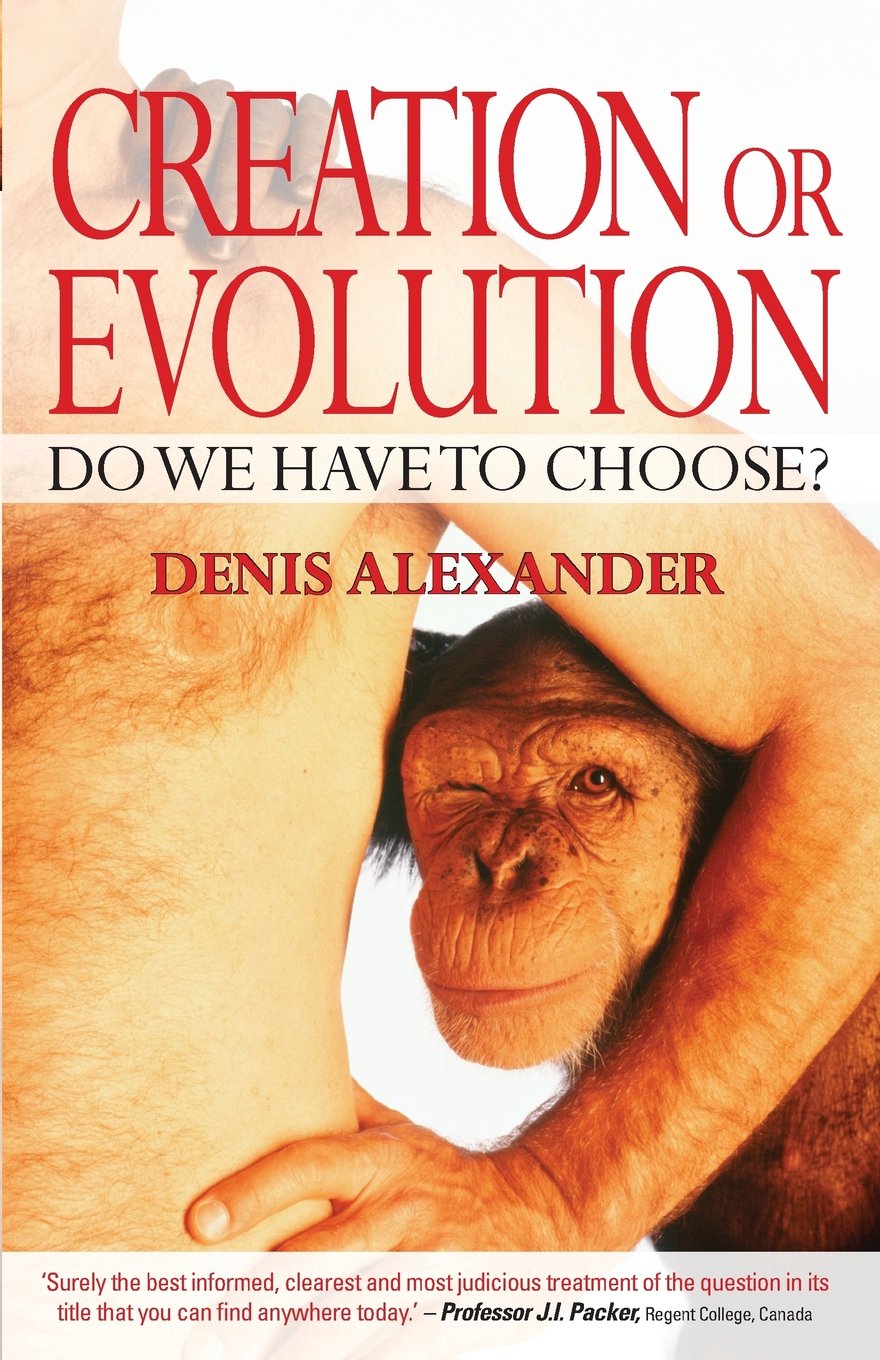
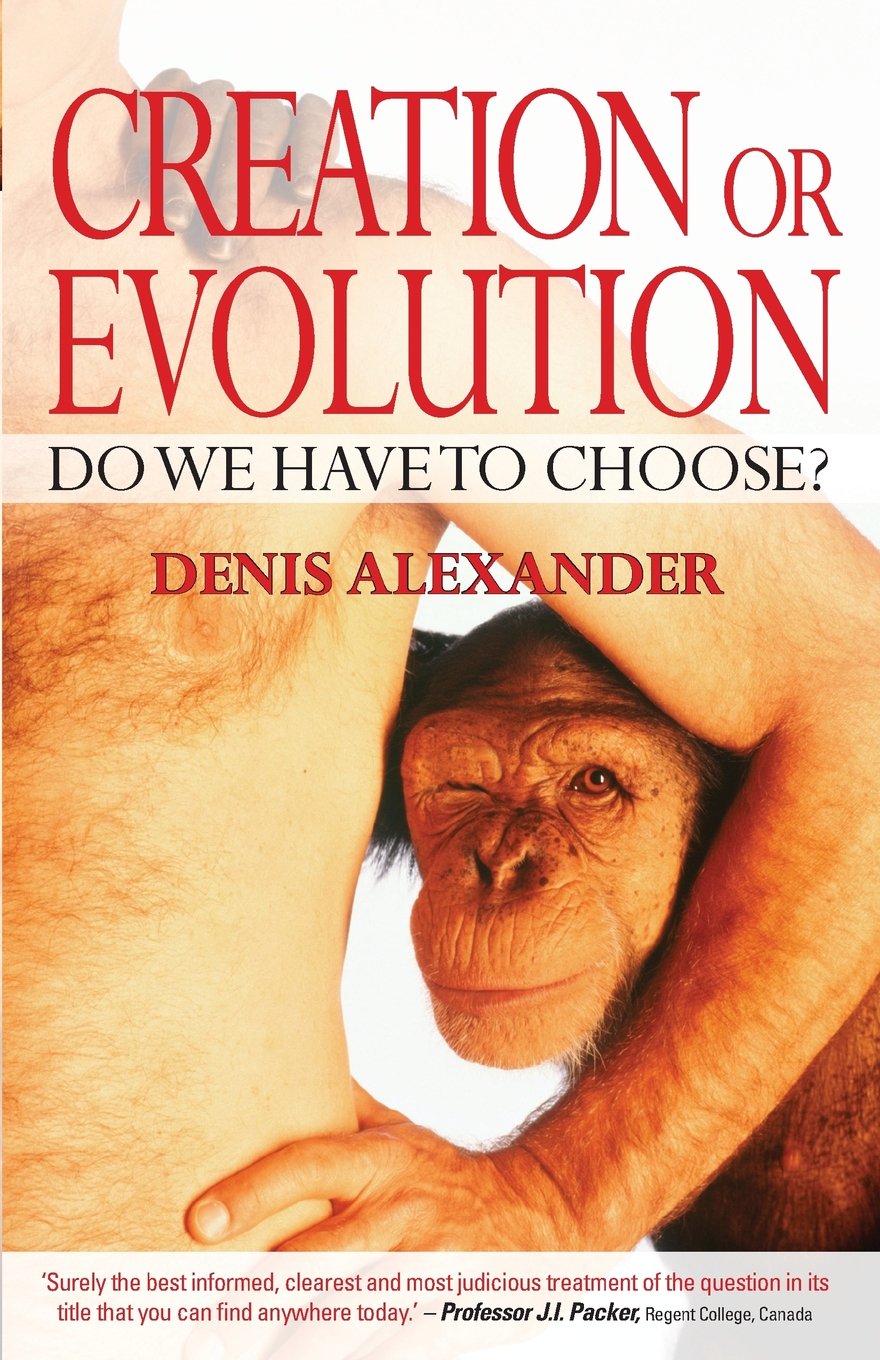
22 February, 2020
Creation or Evolution: Do We Have To Choose? by Denis Alexander (Monarch 2008)
Monarch Books, Oxford, 2008 288 pp.
ISBN: 978-1-85424-746-9 (UK), 978-0-8254-6292-4(US)
Reviewed by Ian Hore-Lacy
This is an amazingly helpful book! The first eight chapters tease out the title with both scientific and theological competence. Of course God is creator. The only question is whether the Bible teaches that throughout, and notably in the Psalms, or preeminently in a quasi-scientific way in a few verses of Genesis, which then have to be read in a totally different way to most OT language describing God and his purposes.
The next three chapters on biological evolution are clear, up to date and succinct. They show well how the genetic insights of recent decades back up the geological fossil record and make quite clear how God undertook his creation, at least the last couple of billion years of it. Dr Alexander’s chapter on Objections to Evolution is thorough, charitable, and very helpful for anyone caught up in some of the silly controversy. The chapter on interpreting Genesis, notably the two different creation accounts, is clear and helpful.
That brings the reader to the chapter entitled Evolutionary Creationism, which ties things together and gives a helpful view (drawing upon his earlier major book Rebuilding the Matrix) of Darwin. As he observes, “the process of ideological transformation of Darwinian evolution is certainly not over yet,” thanks to Richard Dawkins et al. Certainly the chapter title is more apt than “theistic evolution” which puts the cart before the horse.
From here on, the author gets into more speculative territory regarding Adam and Eve and the fall, leading on to evil, theodicy, and some of the hard questions involved in relating God’s revelation in Scripture to the natural world. There is no easy way through or around these question, but Dr Alexander covers them in the most helpful way I have seen: humbly and without dogmatism.
Then two chapters on so-called Intelligent Design, shows the problem of basing our understanding of God’s work on what we don’t understand from science rather than on what we do. Finally is a helpful chapter on the still-partial scientific understanding of the origin of life, the creation of carbon, etc. He concludes: “We should praise God for the little we do know and understand, not make any theological or apologetic investments based upon our present scientific ignorance.” Amen.
Any Christian interested in science will find this an immensely encouraging, stimulating and edifying book, though certainly far from the last word in the areas where science has little to contribute. For non-Christians it will make it clear that faith and worship of a transcendent God is congruent with science and intelligent reason. Faith and truth are not in conflict, despite the endeavours of some Christians to project that view.
